Speaking to the press, Deputy Minister of Construction Bui Hong Minh said that the Ministry of Construction has proactively identified advantages and disadvantages as well as clearly identified the "responsibility address" for inappropriate unit prices and norms belonging to which ministry or locality, avoiding the situation of shifting responsibility, avoiding responsibility or unclear authority.
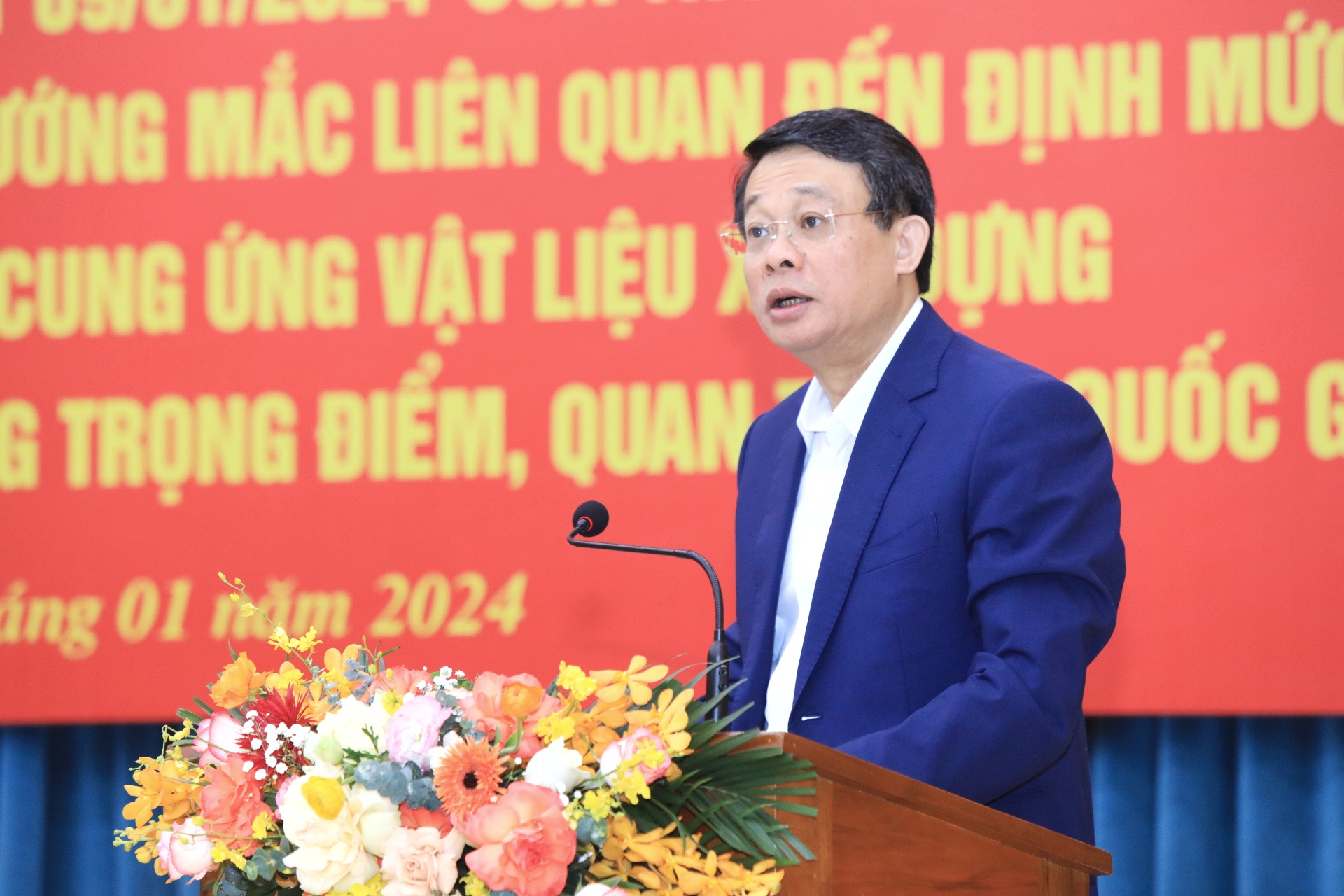
Deputy Minister of Construction Bui Hong Minh
*At the conference on unit prices and norms organized by the Ministry of Construction, contractors also reflected on the situation of increasing losses due to current shortcomings in the construction of norms. How did the Ministry of Construction identify these shortcomings, Deputy Minister?
Deputy Minister Bui Hong Minh: In the world, there are currently two main methods to determine construction norms and unit prices, including management according to unit price norms of Japan and China and management according to the total price of the US, UK and European countries, meaning price management according to structure, construction, project or item.
Currently, the Ministry of Construction approaches both methods. In which, the method of determining by unit price standards has followed throughout history and to suit current practice, there will be shortcomings.
The problem is that in essence, there must be a project before there can be a standard. But in reality, every method has its pros and cons, and no solution is completely optimal. Therefore, in the process of state management, we continue to conduct additional research.
This is also the content of the major work program that the Ministry of Construction is implementing. Accordingly, the Ministry of Construction has advised the Government and the Prime Minister to issue a plan to use building information modeling (BIM) to digitize the entire project, thereby creating big data so that later there will be sample designs in all stages from design to acceptance and full settlement. On this basis, it helps state management agencies and the Ministry of Construction gradually form appropriate and transparent unit prices.
Currently, special class A projects must apply BIM from material preparation to construction, construction machinery management, construction technology, including acceptance and payment settlement, which are also "digitalized".
* With the spirit of getting involved quickly and frankly acknowledging the shortcomings, what solutions will the Ministry of Construction have to remove difficulties for current specialized projects and works?
Deputy Minister Bui Hong Minh: The Prime Minister's Official Dispatch No. 02 demonstrates a spirit of urgency in resolving current difficulties in construction norms and unit prices as well as exploitation and supply of construction materials.
In addition to the construction site, the spirit of "overcoming the sun and rain" and working through Tet must also be thoroughly understood in management from central ministries and branches to localities, to avoid congestion in the investment and construction process of projects and works.
I propose to establish a working group between the Ministry of Construction and the Ministry of Transport, which involves two main units: the Department of Construction Economics and the Department of Construction Activities to quickly find a solution to this difficulty.
Regarding the current standards, there are still some that are not suitable, some standards are still lacking and have not been updated, the working group will be responsible for classifying which ones belong to the Ministry of Construction, which ones belong to the Ministry of Transport to supplement, adjust and issue new ones. The criteria is to ensure that there are no duplicates, and that two units do not issue the same standard.
In the first quarter of 2024, the Ministry of Transport plans to issue new and adjust and supplement 547 construction cost estimates according to its authority. Similarly, the Ministry of Construction will issue additional 318 norms according to its authority; at the same time, it will continue to review and issue additional norms that are missing or inappropriate due to changes in technology, construction conditions or new construction materials, in order to meet practical requirements in construction investment activities.
Deputy Minister of Construction Bui Hong Minh
On the side of investors, project management boards, construction contractors and localities where the project is located, they also review current norms and based on regulations, propose to the working group on outdated or missing norms, which areas need to be supplemented, but in the spirit of honesty and objectivity. We need to take large quantities and average quantities as the promulgation principles, not "run" after reality, so that everything is required to be promulgated, it will be very difficult.
* Specifically, with the remaining norms and unit prices that have been clearly stated by contractors and localities, how will they be revised in the coming time?
Deputy Minister Bui Hong Minh: Regarding the issue related to institutions in determining norms, I propose assigning the Ministry of Construction to review two matters. One is to clarify what is specialized and what is specific, in order to have implementation guidelines.
If this instruction is beyond the authority, then report to the competent authority. If it is not beyond the authority, then the instruction will be implemented based on the issuance of a circular. At this point, explaining the specialized and specific fields will be very easy. Only when there is a "convergence" in concepts will the Ministry of Construction coordinate with the Ministry of Transport to resolve it.
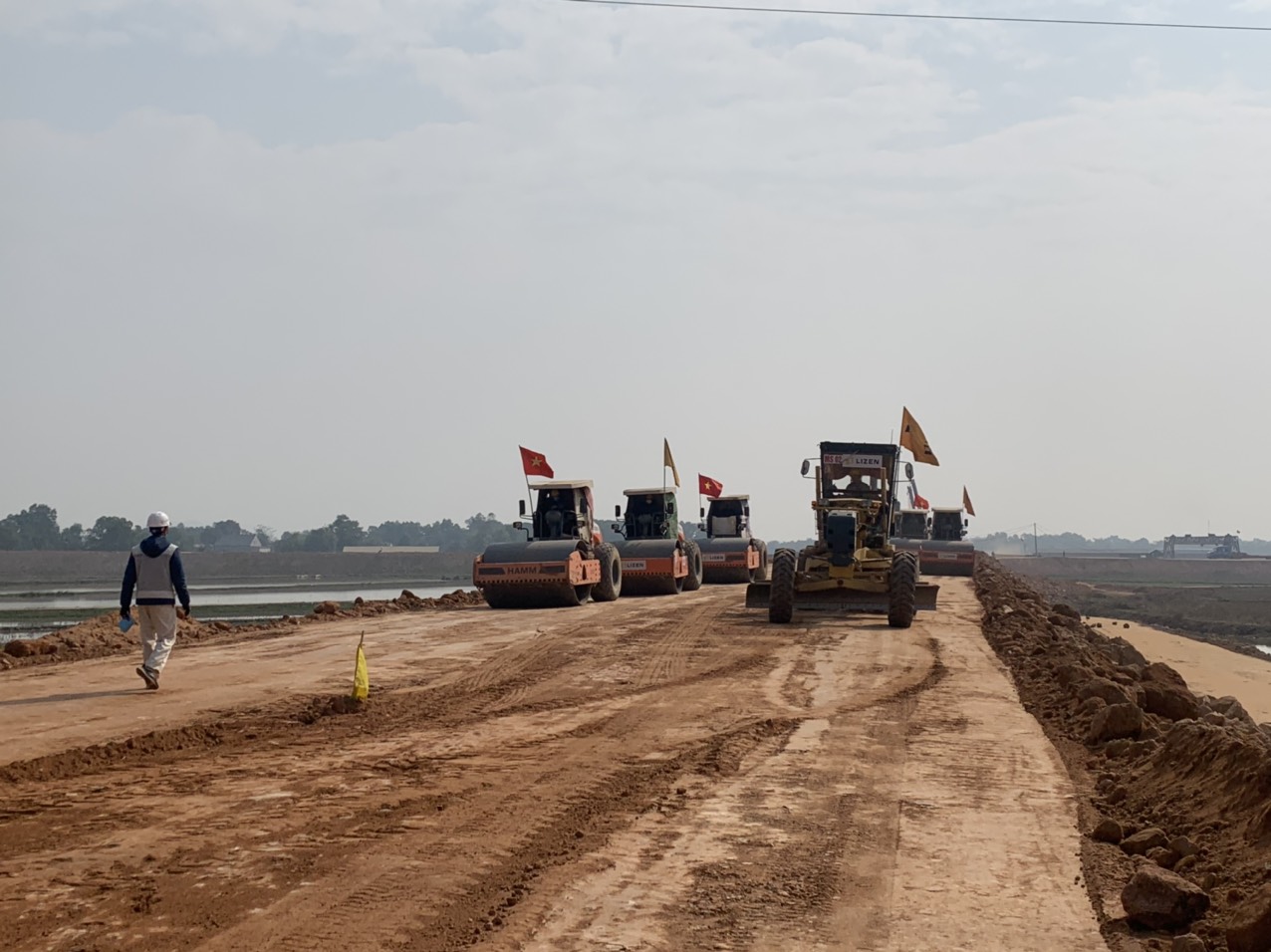
The Ministry of Construction has adjusted the Circular on determining and managing construction investment costs, adjusting regulations on determining appropriate sources of construction material prices.
Second, there needs to be guidance on how to determine norms based on reliable data to ensure correct and appropriate norms. Regarding the input prices of all projects, in principle, public investment management is cost management. PPP investment management is profit management.
For key national traffic projects and works, we manage public investment so we must strictly control costs, from labor costs to construction material costs.
Regarding construction material prices, I suggest that localities, according to current regulations, must update and announce them promptly, ensuring that they are close to market prices, public and transparent. Recently, the Ministry of Construction has adjusted the Circular on determining and managing construction investment costs, adjusting regulations on determining appropriate construction material prices.
On this basis, the announcement of construction material prices in the locality is the responsibility of the locality. The Department of Construction submits to the People's Committees of the provinces or is authorized by the People's Committees of the provinces to promulgate correctly and appropriately.
* Thank you very much, Deputy Minister!
Source link


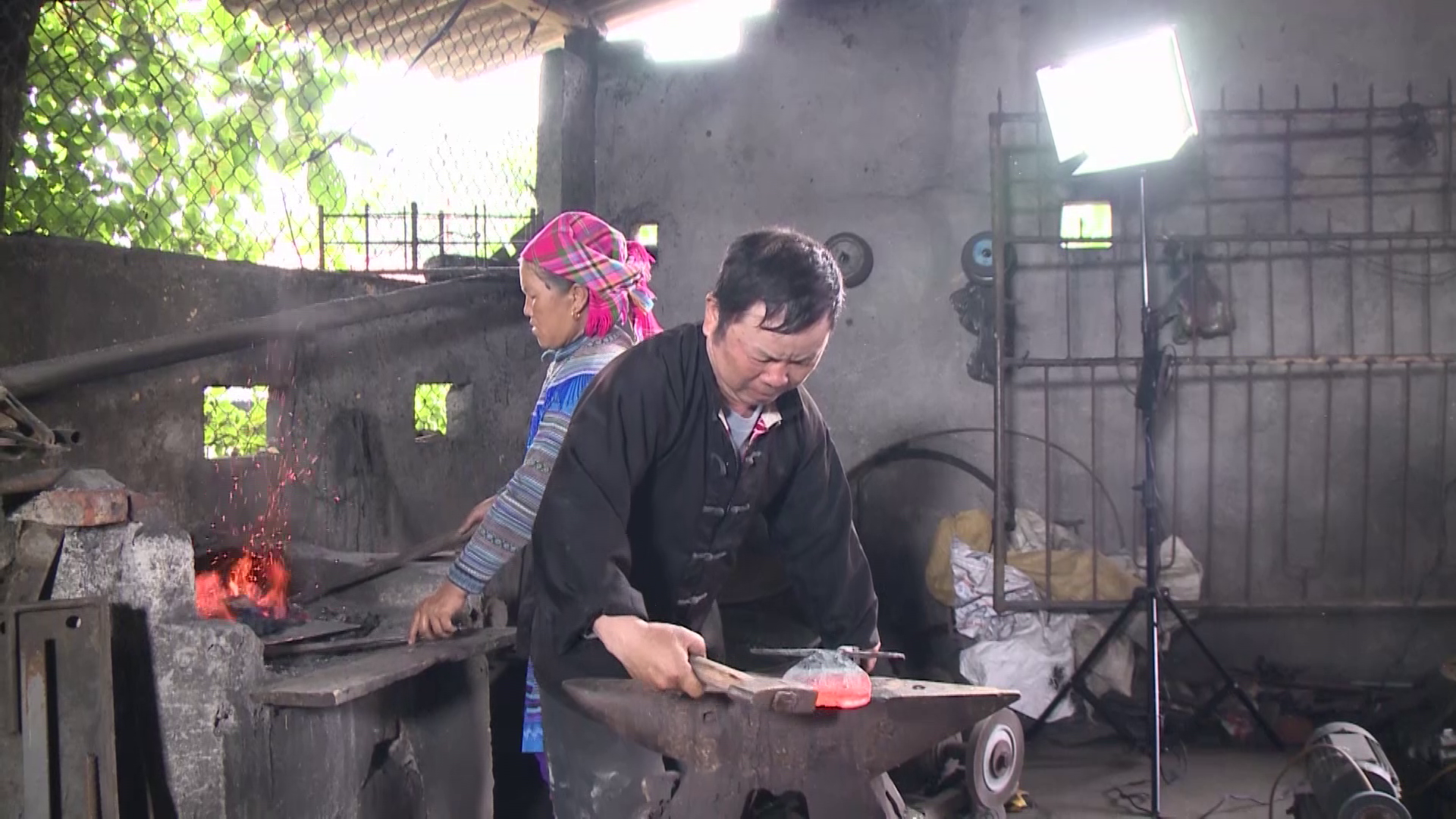



![[Photo] Prime Minister Pham Minh Chinh receives Mr. Jefferey Perlman, CEO of Warburg Pincus Group (USA)](https://vstatic.vietnam.vn/vietnam/resource/IMAGE/2025/4/18/c37781eeb50342f09d8fe6841db2426c)
![[UPDATE] April 30th parade rehearsal on Le Duan street in front of Independence Palace](https://vstatic.vietnam.vn/vietnam/resource/IMAGE/2025/4/18/8f2604c6bc5648d4b918bd6867d08396)




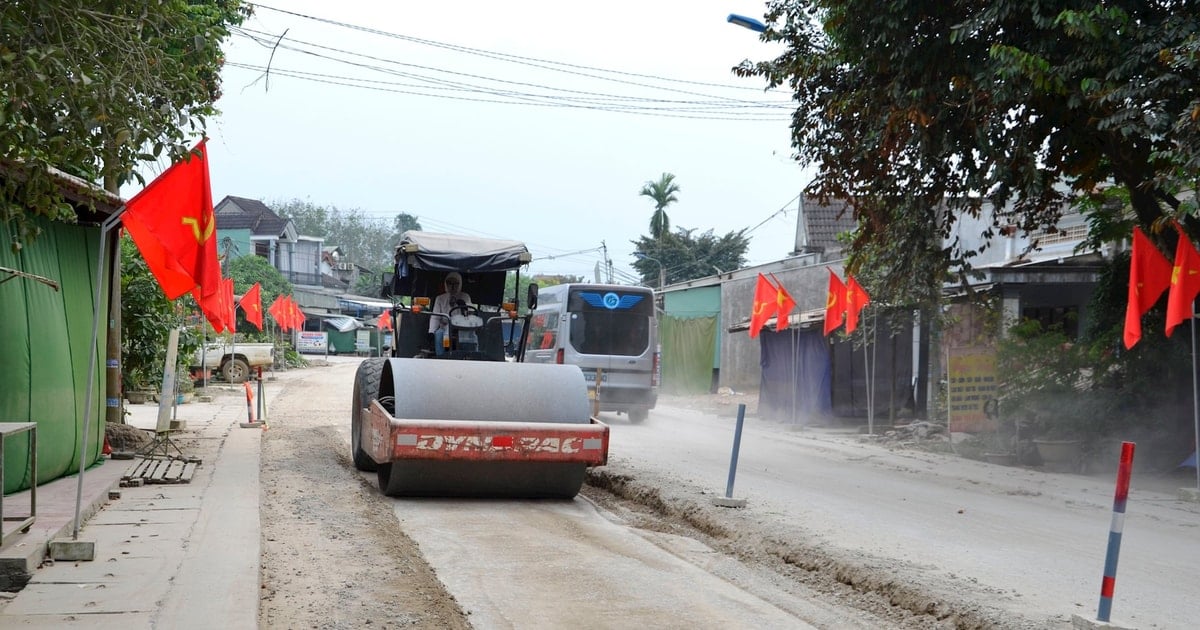

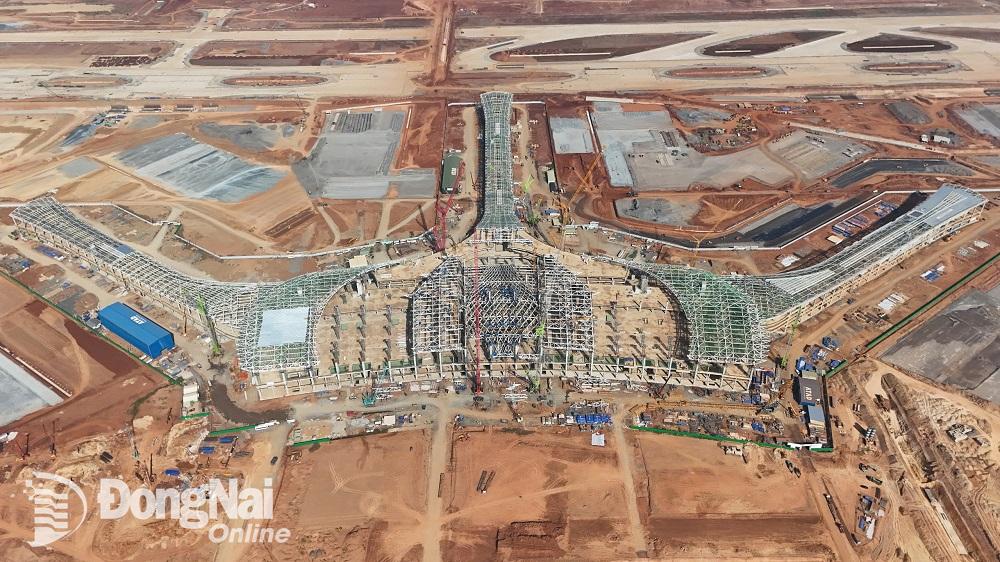

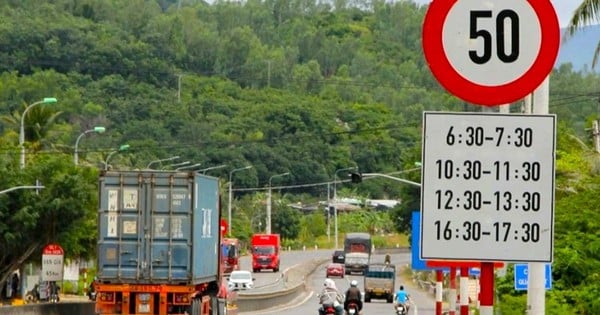

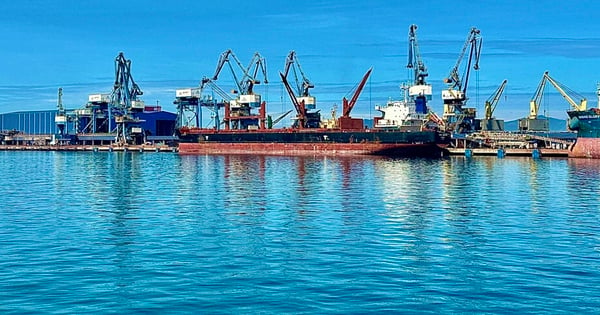
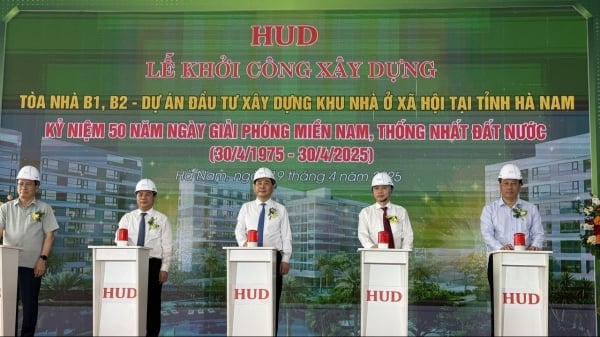

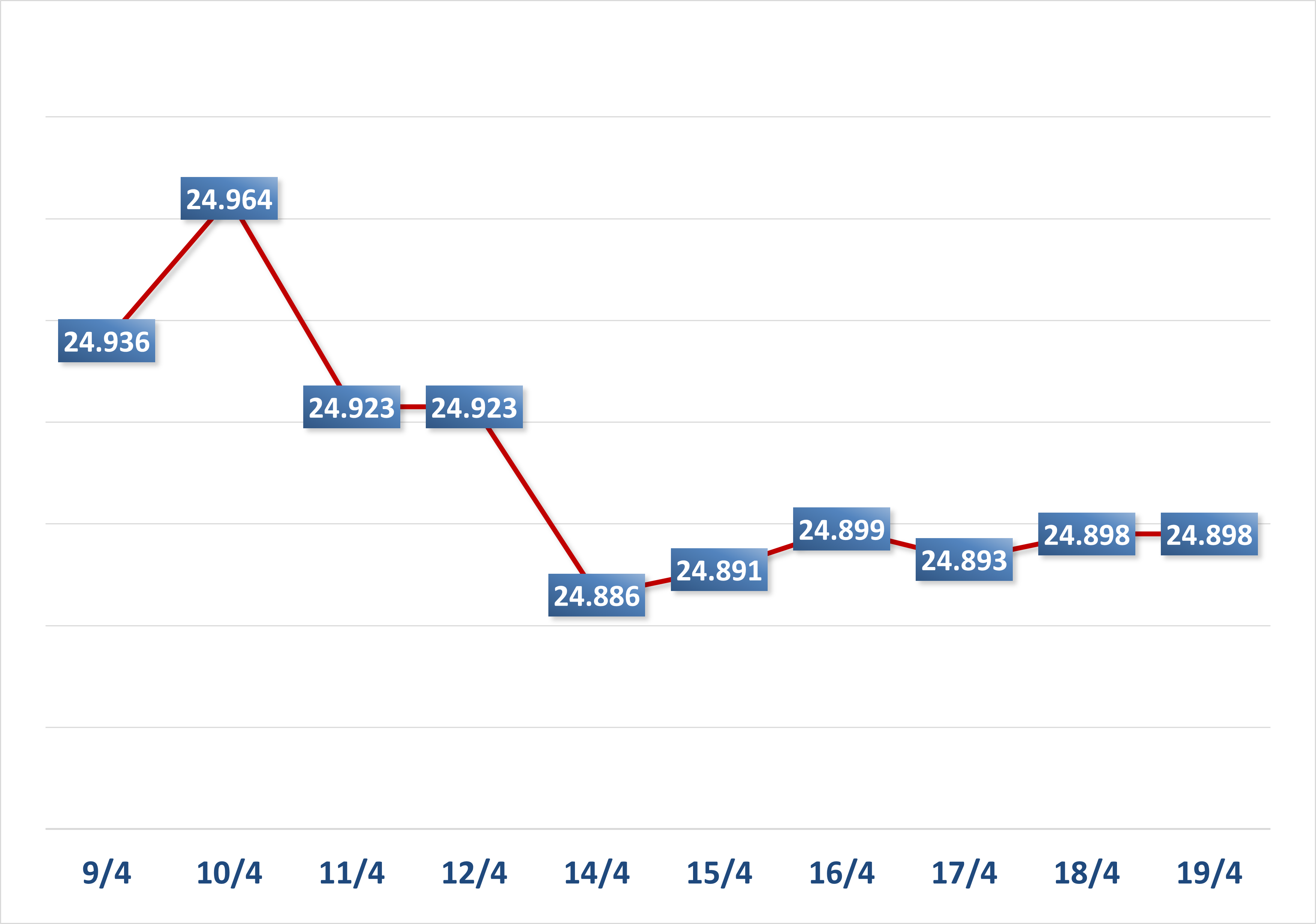
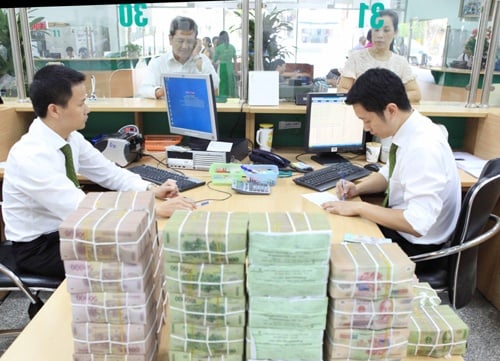

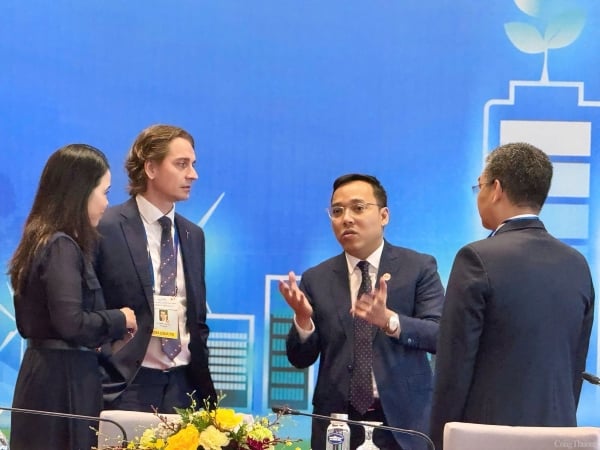












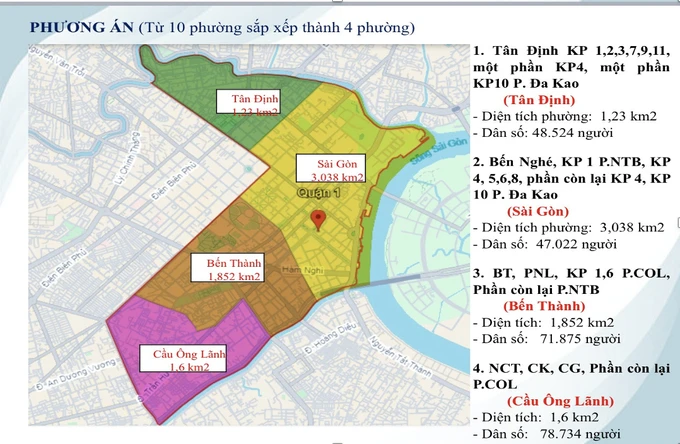







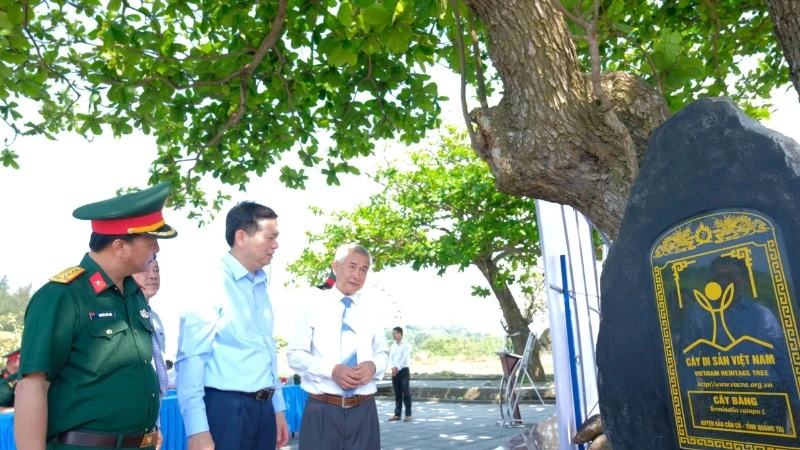













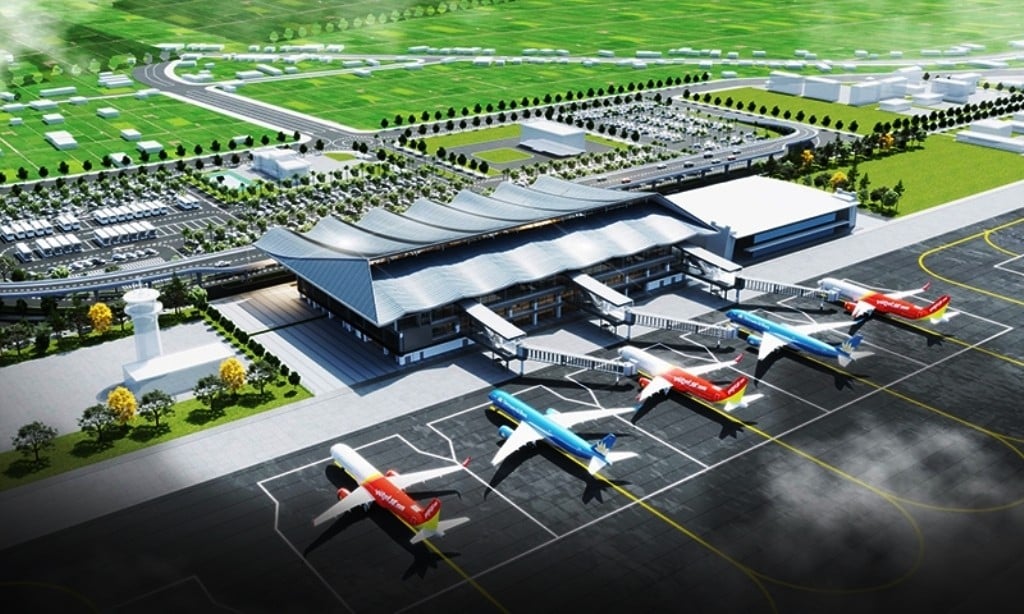
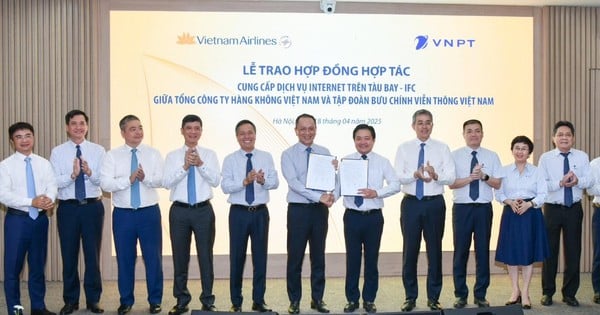






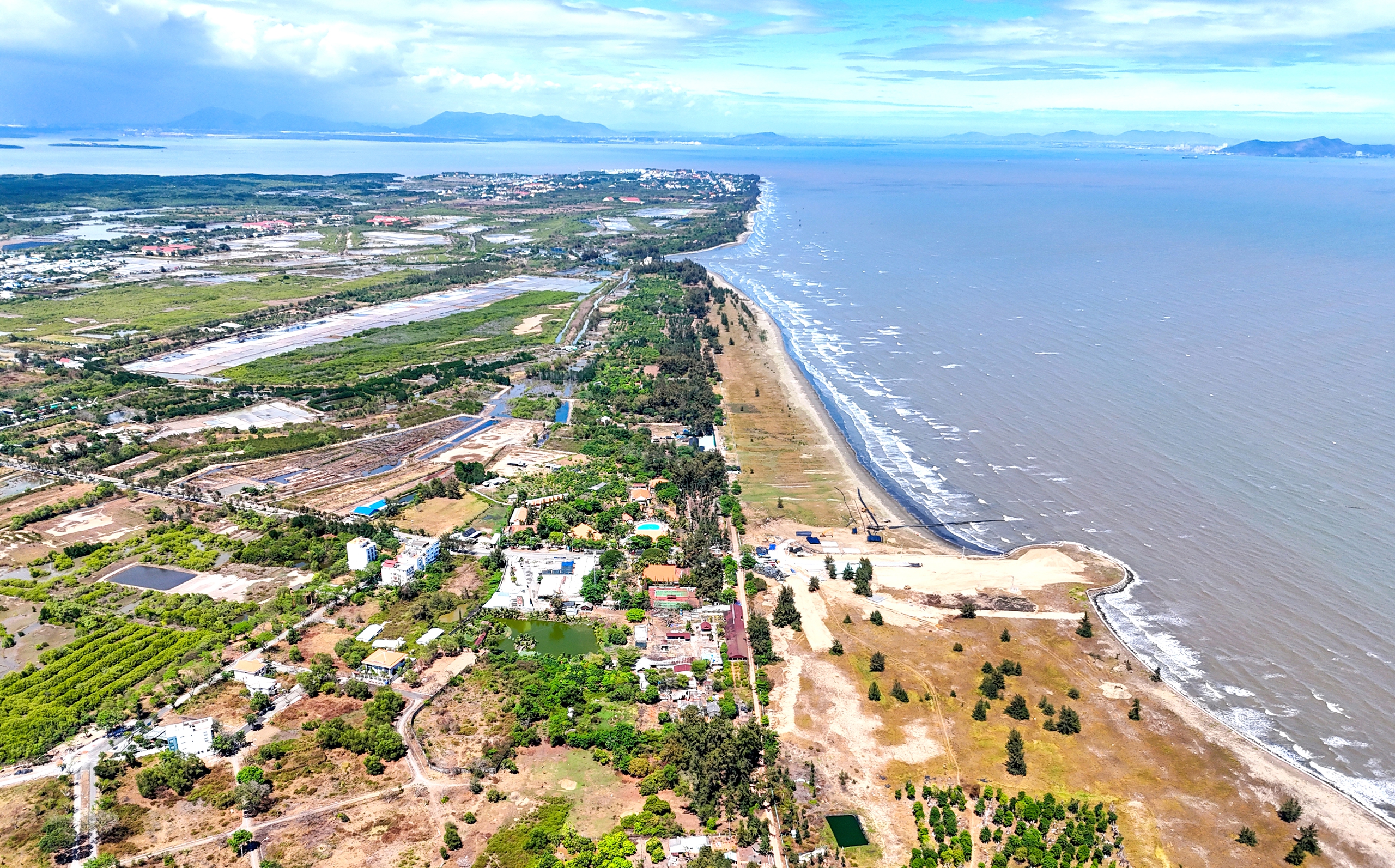







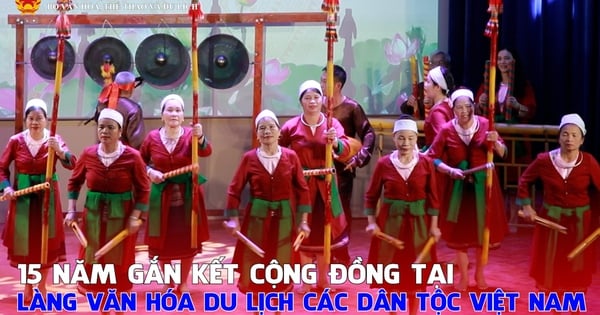

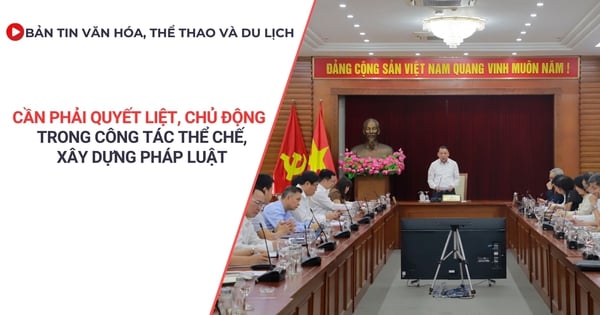














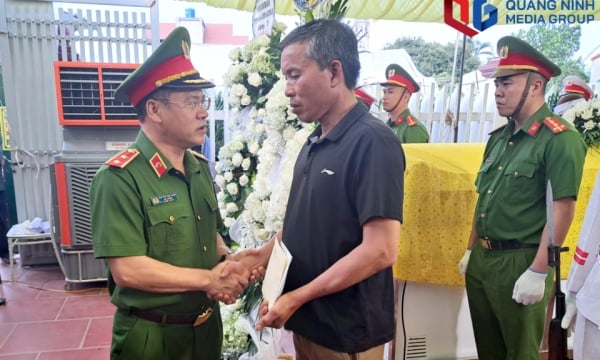









Comment (0)